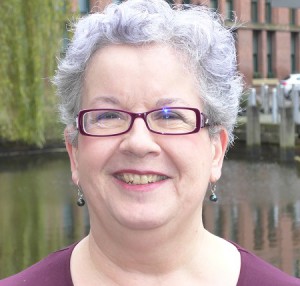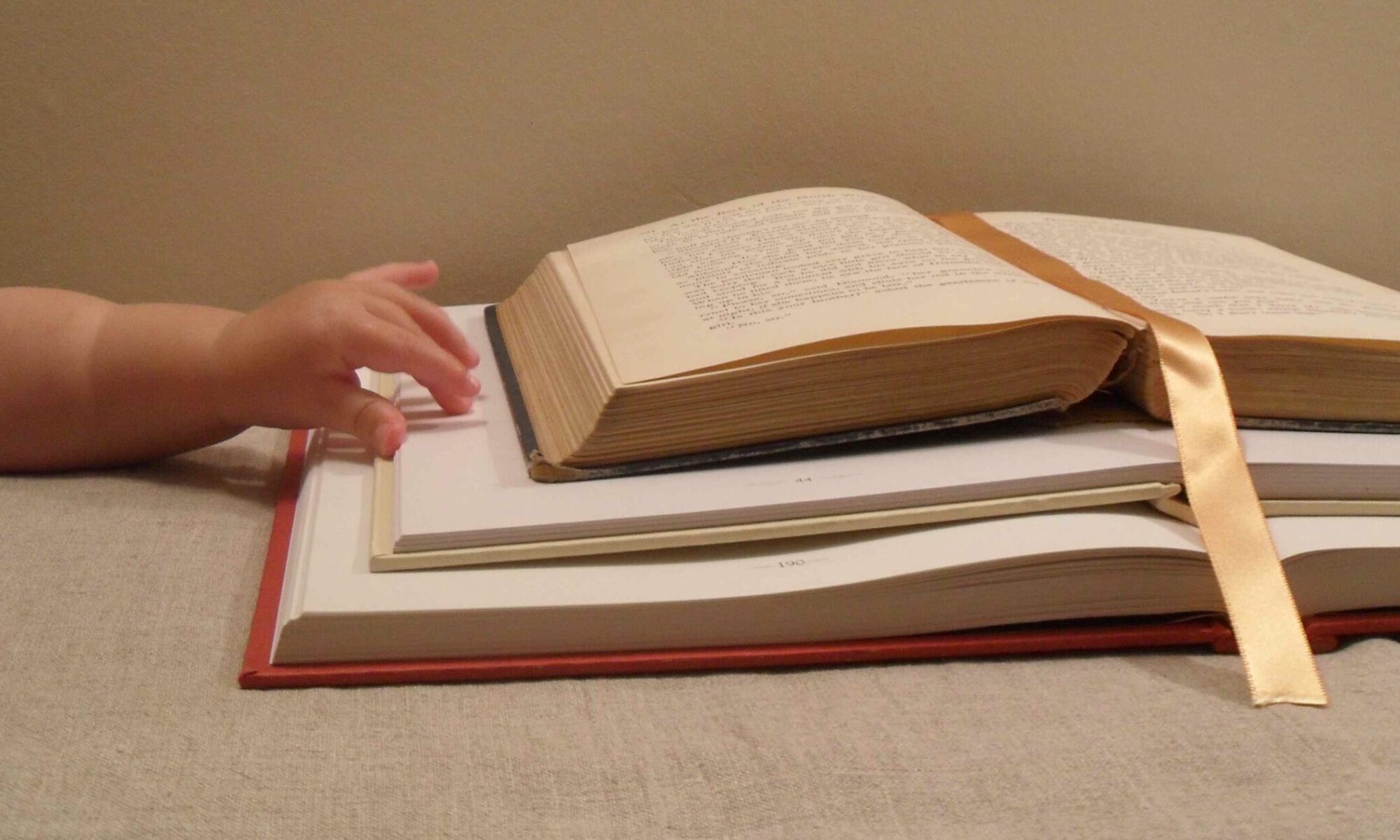As we’ve just now published the Mother’s Milk Books Writing Prize Anthology 2015: LOVE I thought it was about time that I shared this interview with Sheila Wild, the poetry winner of last year’s prize. Huge thanks to Sheila for taking the time to answer my questions and I hope it inspires YOU to put pen to paper.

1. Can you tell us a bit about yourself?
I’ve just turned 66. I ‘retired’ five years ago from a lifetime of working on women’s equality issues, first at the Equal Opportunities Commission, and then at the Equality and Human Rights Commission. I still do some consultancy work on equality issues, but am also very active in the writing community in the South Pennines, where I now live, and in nearby Manchester. I’ve set up a programme of poetry at Manchester’s historic Portico Library, and I also chair the Elmet Trust, which looks after Ted Hughes’s birthplace.
2. How, when and why did you first start writing?
I started writing poetry when I was eleven, but poetry gave up on me when I got married, and over twenty years went by without me writing a single poem. I was however earning a living writing non-fiction, as I was for many years one of the main authors for the Equal Opportunities Commission. I continue to write non-fiction, and it’s no accident that most of my poems are factual, and concise.
3. How often do you write?
I live on my own so it ought to be easy and I do try to write every day, but to be honest, I seldom succeed. I lead an active and interesting life – for without that how could I write? I do write poetry every day though, even if only a couple of lines. I write poetry very early in the morning (often at 3 am!) and non-fiction between 10 and 12. I find it hard to write in the afternoon, but I’m lucky in that I’m almost always up and doing by 5.30 am.
4. What made you decide to enter the Mother’s Milk Books Writing Prize?
They say women enter competitions and men submit to journals. I don’t know if that’s true or not, but I like the challenge of writing on a theme and the kind of love that motherhood expresses – its wonder and its clumsiness – was on my mind at the time I came across the Mother’s Milk Books Writing Prize.
5. How did it feel when you’d heard that you’d won?
I was delighted. Janet is one of my favourite poems, and it’s always a thrill to discover that someone else likes a favourite poem too.
6. Can you tell us a little about your winning piece of writing?
I had become a mother when I was only 19 and I’d found motherhood very lonely and quite bewildering. When my daughter Janet eventually became a mother herself I had a very vivid memory of having once stood in a cold bedroom on a moonlit night with her in my arms, not quite knowing what to do.
I didn’t think I’d made a very good job of being a mother, but when Janet’s daughter (my only grandchild) was born, I realized my attempt at motherhood was part of something much bigger than any of us, a thing that we call ‘family’ – Sheila, Janet, and now Lucy – we go a long way back and, God willing, a long way lies ahead of us.
7. Any future writing plans?
Too many! My first collection of poetry Equinox, was out from Cinnamon Press in May this year. To my surprise, getting published has had the effect of increasing my poetic output so I’ve plenty more poems ready to publish – I guess nothing succeeds like success! I’m also working on a short book about Lindisfarne, which is where I go to recharge my batteries; it’s a work that enables me to mix poetry and non-fiction.
And I’ve just started an autobiographical sequence about the role poetry played in my childhood. I’m not sure what it’s for, or what form it will take, but I feel a need to write it. There’s something about being almost seventy and having a good memory that needs to be mined, so I’m mining it!
8. Any tips for writers?
- Work on more than one thing at a time, it stops you getting stale.
- Always read your work out loud to yourself.
- Always, always, leave a poem for a few days, weeks, even years to mature. When you come back to it, you’ll be surprised, either by how bad it is – ditch it immediately! – or by how good it is. When you look at a poem and think, wow, did I write that, then you know the poem is as good as you can make it. When a poem is finished it doesn’t belong to you any more, it belongs to the reader, and only by stepping back and becoming the reader can you know when that has happened.
Sheila’s winning poem ‘Janet’ was first published in the Summer 2016 issue of JUNO. It also features in The Mother’s Milk Books Writing Prize Anthology 2015: LOVE. And if you feel inspired to take part in this year’s Writing Prize, please read the full guidelines here.
